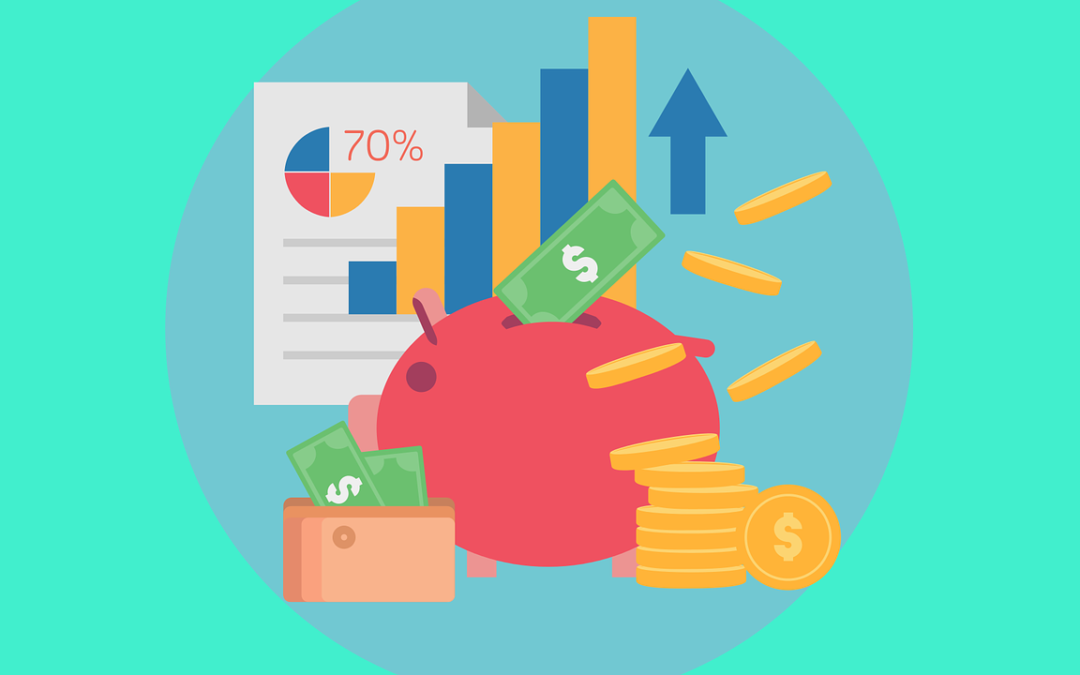Why Budget?
Is the first question I asked myself when I decided to start budgeting for our family. While I was in college, I had a sense of where I was spending my money, but not necessarily a plan to how I should spend my money. I was stretching myself thin, making impulse purchases more than I would like to admit, and did not have much of a cushion to fall back on. Having a spending plan (budget) will help you create this cushion, and most importantly it will allow you to take control of your finances and reach your financial goals.
Having a budget also has many other perks that could help you prioritize your spending and save more money.
Reasons Why You Should Budget
Prepare for the unexpected: Also known as plan B in case the unexpected happens. Life is never steady, at some point we all experience some sort of an emergency that requires some sort of unplanned spending. Budgeting helps you map out your high and low months of expenses and finances, which in return will also help you forecast anticipated expenses. From there you will be able to save some more money from your low spending months and put it in a savings/emergency/never know what is going to happen account.
In addition, one must always be saving or trying to save no matter what point they are in their life. Saving has it own advantages and could open doors to investment opportunities that could help you make more money – stay tuned to our next blog to why saving is important and how you can do it!
Spend only what you have: It is very easy to lose track of how much money you are spending, especially if you have multiple credit cards. By budgeting, you can regain control of where your money is going and not wonder where it went. Regaining control will also help you stay out of debt and not leave you blindsided.
“A budget is telling your money where to go instead of
wondering where it went.” – Dave Ramsey
This way of managing your money will also help you determine if you can afford certain things, like going on vacation next summer, buying a car or upgrading your washer and dryer.
Creates investment opportunities: Once you have better control of your finances, you can start saving for investment opportunities. Investing allows you to make money on otherwise idle money and you can reinvest the profits to grow it even faster. Investing can help you achieve your financial goals faster, and, if you’re like me, that goal is early retirement! Investing may seem overwhelming but you really don’t need a ton of money to get going. Learn how to easily invest with Lenme (and all you need to start is $53).
Taking on debt: Not only does budgeting help you stay out of debt but it will also help you determine if you can afford to take on debt. Borrowing money is something we all need to do and budgeting ahead of time will allow you to manage it better without spreading yourself too thin. How can a budget help you manage debt? For starters, it will help you make an educated decision on how much debt you can afford and at what interest rate. Taking out a loan is not unusual for the average American, however, the key here is to be able to manage this debt without falling into a financial hole.
When borrowing money using Lenme, you have the ability to set your own payback period and you have more control over the interest rate you are being charged. Therefore, you can make a decision based on your budget and your financial capability.
How to Get Started?
Calculate your income & expenses: You probably know how much money you earn monthly, but if don’t, you can easily calculate this by dividing your annual wage (after all taxes are deducted) by 12. If you are unsure what your annual income may be, you can look at the average of the last 3 months and use this as your starting point.
Your next step is to calculate your expenses. Start by tracking every cent you spend for a month – prepare to be surprised where your money is going! Studies show that 1 in 3 young Americans spend more on coffee than on investment opportunities. There are many apps such as Mint, Wally and EveryDollar that help make tracking your expenses a lot easier.
Be realistic: Don’t set yourself up for failure. Create a budget that you know you can follow. An easy way to start is to identify your fixed and variable expenses. Fixed expenses are expenses that do not change, like your rent or mortgage, and variable expenses are expenses that be changed, such as entertainment. By doing so you will be able to see what expenses you can cut and by how much in order to reach your financial goals.
Never stop: To find success in your budgeting you need to constantly monitor and adjust your budget as you go. It may take you time to adjust to this process and that’s okay, just as long as you keep going.

